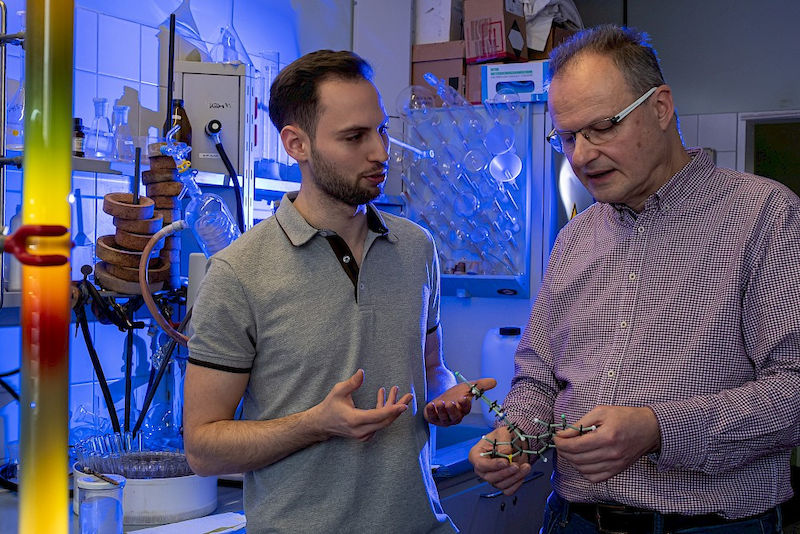
Targeting resistant germs
New active substances help combat dangerous bacteria that conventional antibiotics can no longer treat. These substances are being developed by Professor Andreas Hilgeroth’s team. Read more

New active substances help combat dangerous bacteria that conventional antibiotics can no longer treat. These substances are being developed by Professor Andreas Hilgeroth’s team. Read more
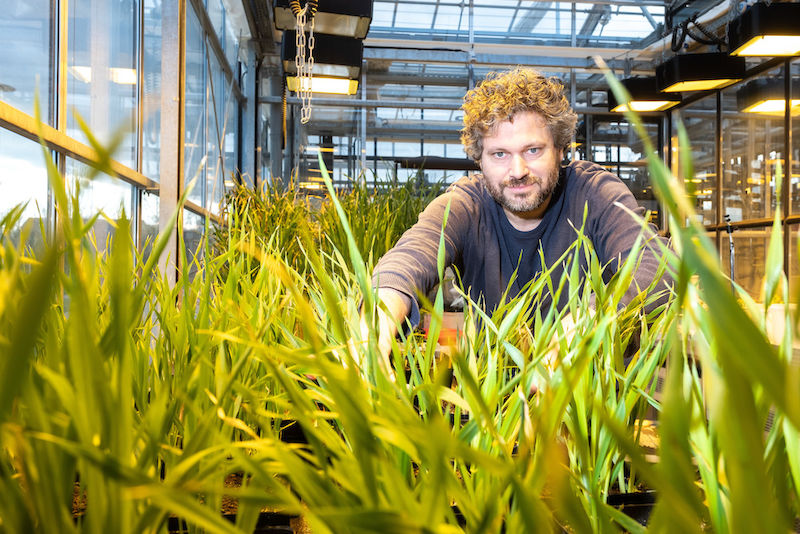
New genetic studies paint a surprising picture of plant evolution: When plants came ashore around 500 million years ago, their genetic diversity exploded - thus laying the groundwork for genetic innovation that would only later prove important. Read more
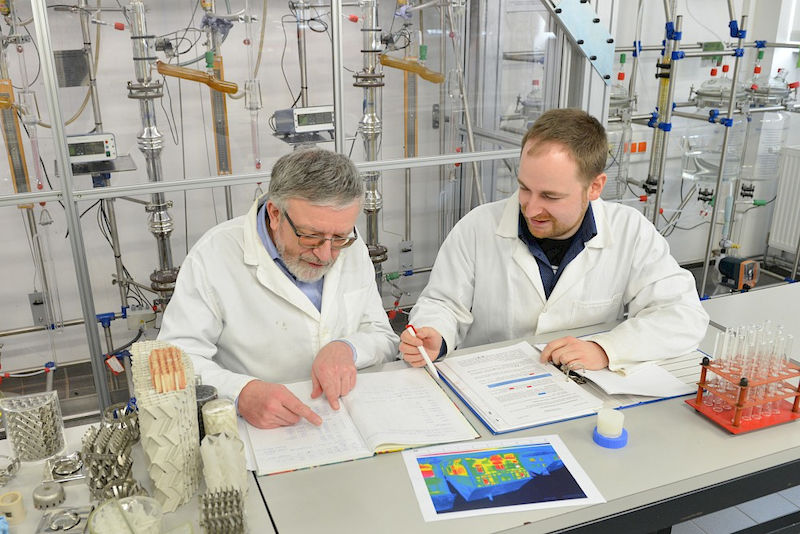
Saving energy will play a crucial role in protecting the climate, and this could be achieved by the new heat storage systems for buildings that are currently being researched at the Institute of Chemistry. The results have already impressed at the Hugo Junkers Awards. Read more
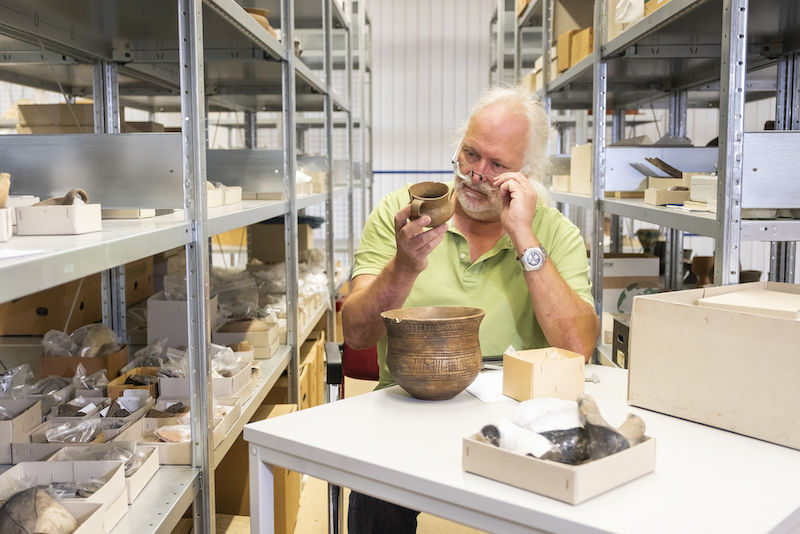
For eight years, Professor François Bertemes coordinated research on the context of Nebra Sky Disc. The discovery of the disc has prompted archaeologists to completely rethink their notions about life in the Early Bronze Age. Read more
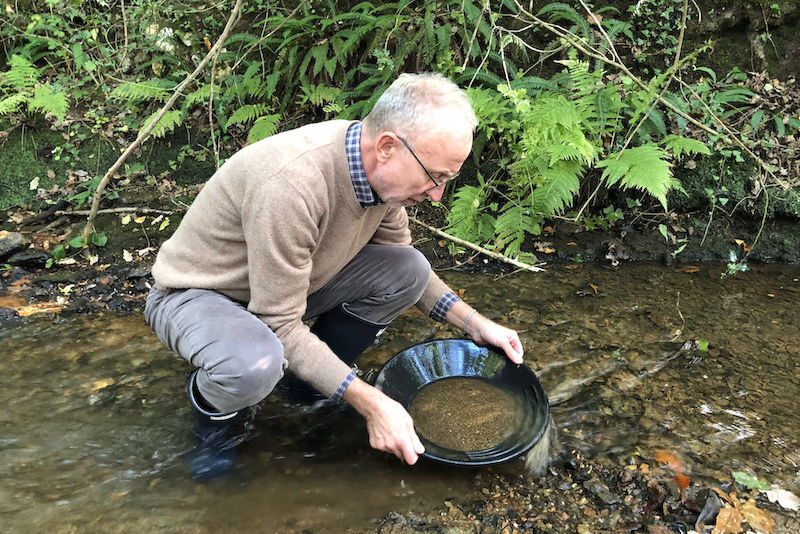
The Nebra Sky Disc was discovered 20 years ago. Researchers from Halle have been studying the spectacular find – including its 32 grams of inlaid gold. Read more
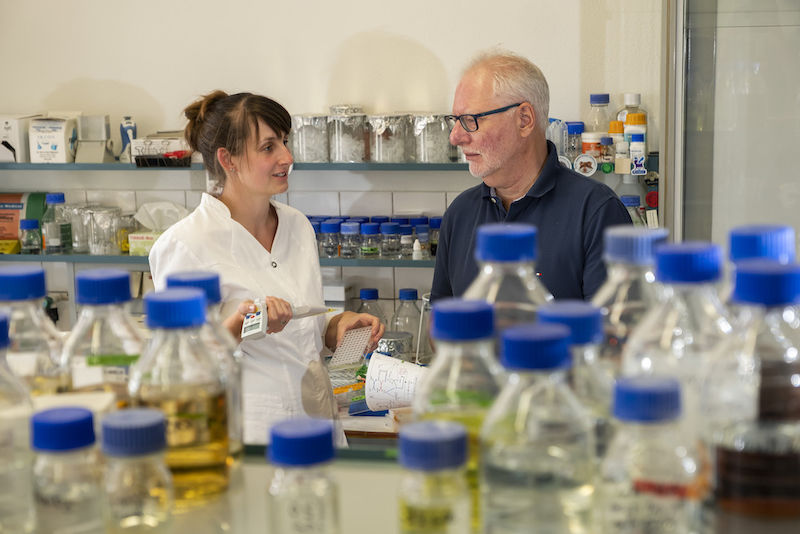
The bacterium C. metallidurans is most notable for its perseverance, thriving in areas contaminated with heavy metals. It has attracted the attention of a research group in Halle, led by Professor Dietrich H. Nies, but for an entirely different reason: it produces microscopic gold nuggets. Read more
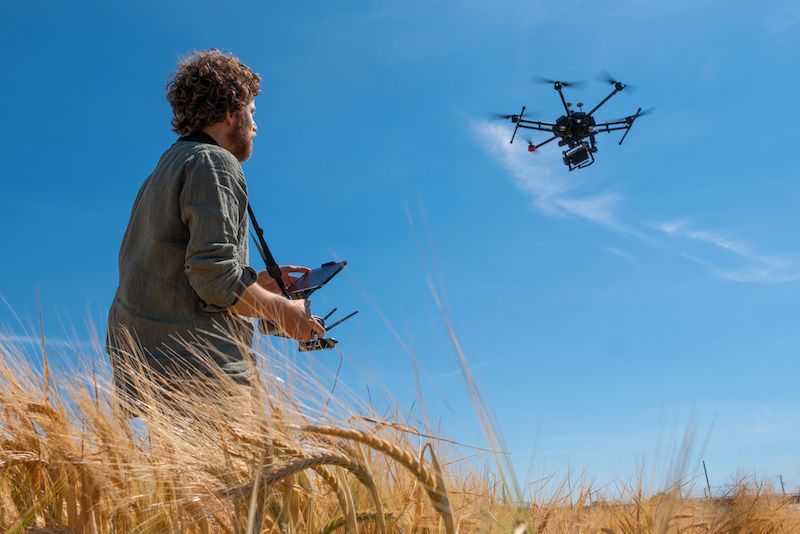
Agricultural scientists are researching how the performance of cultivated barley can be increased. A drone is now also being used on the experimental station site in Halle. Read more
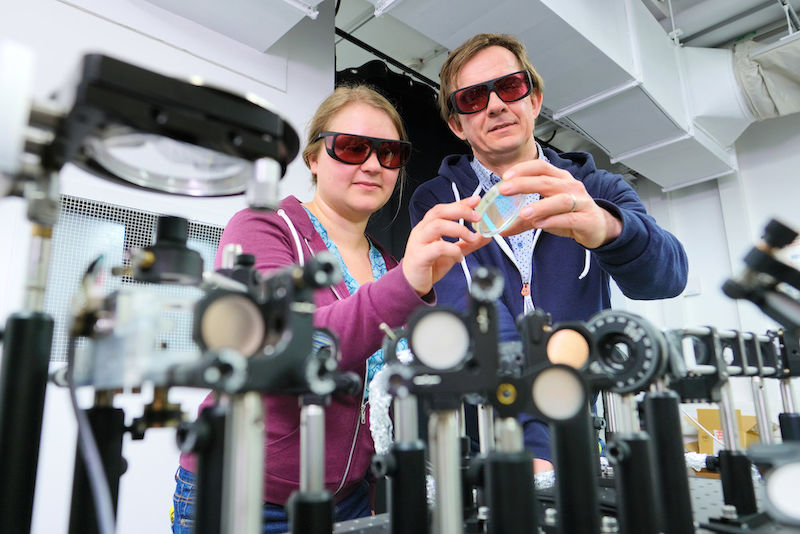
Medical physicists Professor Jan Laufer and Ulrike Pohle are working on a world first: a photoacoustic microscope with an optical ultrasound sensor that makes it possible to display high-resolution images of blood vessel networks. Their goal is to closely monitor and understand their growth. Read more
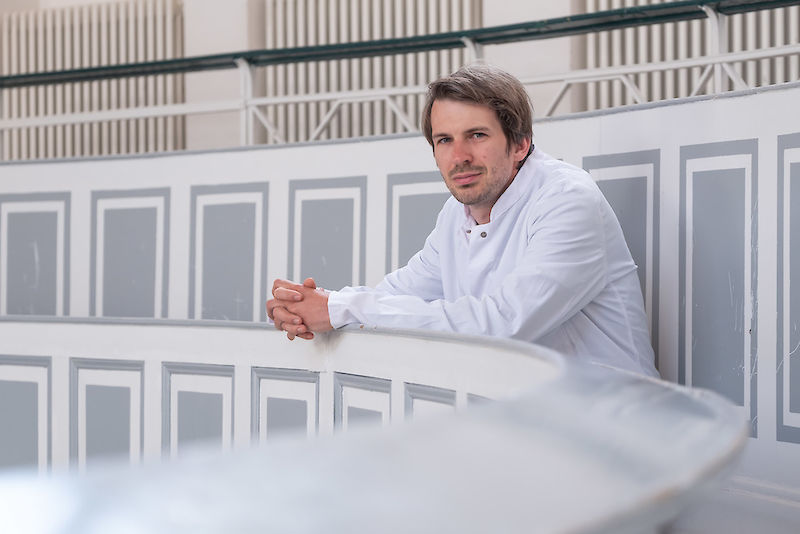
Professor Martin Gericke investigates inflammatory reactions in adipose tissue. One aspect he is investigating is why not all obese people suffer from typical diseases of affluence associated with obesity, such as high blood pressure and diabetes. Read more